detail profile gintaras liutkevi c4 8dius
Peran Yang Di Mainkan Gintaras Liutkevičius
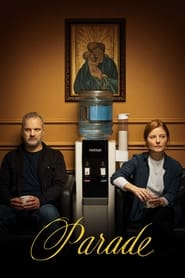 Migl who married when she was...
Migl who married when she was...Parade 2023
Miglė, who married when she was very young, has for 26 years been divorced from her ex-husband who one day calls her and asks for a favour. He has found that it would be a good time to get married again after the death of his mother. But there is a small problem: their divorce is valid only in the eyes of the law, because a Catholic marriage cannot be divorced. It can, however, be annulled. All that needs to be done is to complete an application and give the “Catholic court” a good reason. But she does not know in what kind of absurd situations she is about to find herself in.
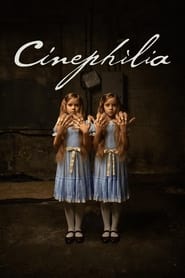 With gentle irony Cinephilia unmasks the...
With gentle irony Cinephilia unmasks the...Cinephilia 2021
With gentle irony, “Cinephilia” unmasks the illusion of film. Characters migrate through the worlds of reality and fantasy, in circumstances that paradoxically have no questions or answers. The two moons of Lars von Trier shine in the night sky, entrancing the main heroes, Roland and Isabel. Roland rents himself a room where he winds up in situations reminiscent of the plots found in Franz Kafka’s “The Trial” or Roman Polański’s “The Tenant”. A guy visits Roland, claiming that they known each other, and offers him a lot of money to film his suicide. There begins a kaleidoscopic sequence of events and random acquaintances. They make the characters wander through the worlds of reality and fantasy, sometimes both at the same time. A dark comedy that tells nine related stories in which the fates of the characters intertwine.
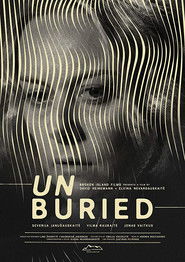 When her estranged father dies suddenly...
When her estranged father dies suddenly...Unburied 2018
When her estranged father dies suddenly, artistic director Egle begins to hear voices who prophesy her father’s return. Fearing for her life, Egle solicits the help of an actress friend from the theatre, and through role-play and ritual they are drawn deeper and deeper into the torments of Egle’s past.

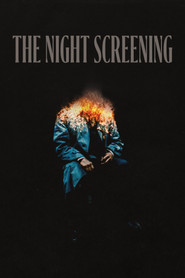 Watchmaker stumbles into a mysterious cinema...
Watchmaker stumbles into a mysterious cinema...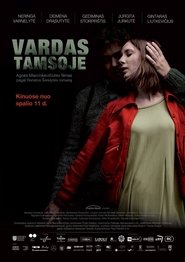 A small town investigators memories about...
A small town investigators memories about... A true story about an 11yearold...
A true story about an 11yearold... The story of a 50something who...
The story of a 50something who...